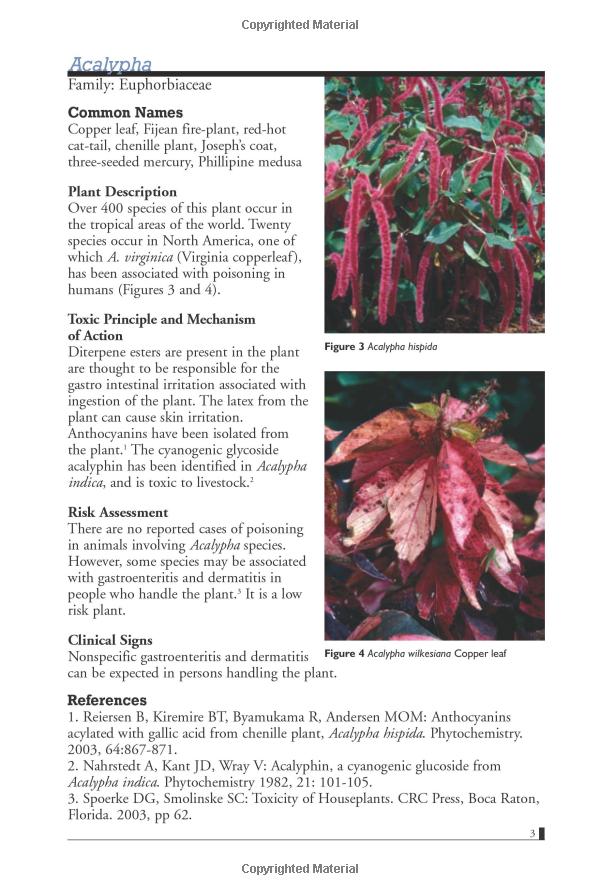Poinsettia Plants: Are They Poisonous to Pets?
Guide or Summary:Poinsettia ToxicitySymptoms of Poinsettia Poisoning in PetsPreventing Poinsettia Poisoning in PetsPoinsettia plants, with their vibrant red……
Guide or Summary:
Poinsettia plants, with their vibrant red and green foliage, are a festive addition to many households during the holiday season. However, concerns about their toxicity to pets often lead to their exclusion from pet-friendly homes. In this article, we will delve into the question of whether poinsettia plants are indeed poisonous to pets, exploring the science behind their toxicity, the symptoms of poinsettia poisoning in pets, and practical advice on how to safely enjoy these beautiful plants with your furry friends.
Poinsettia Toxicity
The primary concern surrounding poinsettia plants is their toxicity. While they are not as lethal as some other houseplants, such as lilies or sago palms, they are still considered toxic to pets. The toxic compounds found in poinsettia plants include calcium oxalate crystals, which can cause irritation and discomfort to pets if ingested.
Symptoms of Poinsettia Poisoning in Pets
The symptoms of poinsettia poisoning in pets can vary depending on the severity of the ingestion and the pet's size and sensitivity. Common symptoms include:

- Gastrointestinal Upset: Pets may experience nausea, vomiting, diarrhea, and abdominal pain.
- Inflammation: Inflammation of the mouth, throat, and esophagus can occur due to the irritating properties of the poinsettia sap.
- Respiratory Irritation: Inhalation of the sap can cause respiratory irritation, leading to coughing and difficulty breathing.
It's important to note that while poinsettia plants are toxic, the toxicity level is generally low. In most cases, pets would need to ingest a significant amount of poinsettia leaves or sap to experience serious symptoms.

Preventing Poinsettia Poisoning in Pets
If you have poinsettia plants and want to ensure their safety around pets, here are some practical tips:
- Keep Plants Out of Reach: Store poinsettia plants in areas where pets cannot access them, such as high shelves or secure plant stands.
- Use Pet-Safe Wrapping: If you are using poinsettia plants in holiday decorations, cover them with pet-safe wrapping materials to prevent pets from chewing on them.
- Monitor Pets: Keep a close eye on your pets when they are in areas where poinsettia plants are present, especially if you suspect they may be tempted to investigate or chew on the plants.

In conclusion, while poinsettia plants are not as deadly as some other toxic houseplants, they are still considered poisonous to pets. By taking a few simple precautions, pet owners can enjoy the festive beauty of poinsettia plants without compromising their pets' well-being. Remember, it's always best to consult with your veterinarian if you have any concerns about your pet's safety around potentially toxic plants.